Human HSP90b1 ELISA Kit
$299.00 – $419.00
| Related Target | |
|---|---|
| Species | human |
| Sample Type | Serum, plasma, cell culture supernatant, DMEM cell culture supernatant and other biological samples |
| Sample Volume | Serum, plasma: 20 μL, cell culture supernatant: 100 μL |
| Sensitivity | 5.9 pg/mL |
| Array Range | 78.125 pg/mL - 5000 pg/mL |
| Assay Time | 3.5 h |
| Recovery | 83% - 114% |
| Average Recovery | 95% |
ELISA Kit Detail Information
| Related Target | |
|---|---|
| Species | human |
| Sample Type | Serum, plasma, cell culture supernatant, DMEM cell culture supernatant and other biological samples |
| Sample Volume | Serum, plasma: 20 μL, cell culture supernatant: 100 μL |
| Sensitivity | 5.9 pg/mL |
| Array Range | 78.125 pg/mL - 5000 pg/mL |
| Assay Time | 3.5 h |
| Recovery | 83% - 114% |
| Average Recovery | 95% |
| Intra Precision | 4.1% - 7.7% |
| Inter Precision | 3.1% - 4.9% |
| Plate | Detachable 96-well Plate |
| Storage | If the reagent kit is unopened, it should be stored at 4℃. However, if it has been opened, the standard should be stored at -20℃, while the other components should be stored at 4℃. |
| Delivery | 4℃ Blue Ice Transport |
| Components | 1× Washing Buffer 1× Assay Buffer Stop Solution Substrate TMB Detect Antibody Standard Diluent Streptavidin-HRP Standard Microplate Wells |
| Assay Principle | This assay employs the quantitative sandwich enzyme immunoassay technique. A monoclonal antibody specific for human HSP90b1 has been pre-coated onto a microplate. Standard, samples and biotin-linked detect antibody specific for HSP90b1 are pipetted into the wells and HSP90b1 present is bound by the immobilized antibody and detect antibody following incubation. After washing away any unbound substances, streptavidin-HRP is added. After washing, substrate solution is added to the wells and color develops in proportion to the amount of HSP90b1 bound in the initial step. The color development is stopped and the intensity of the color is measured. |
Related Targets
HSP90B1
HSP90B1 Target Infomation Overview
- Target Symbol: HSP90B1, heat shock protein 90 beta family member 1
- Gene Groups: Heat shock 90kDa proteins; MicroRNA protein coding host genes
- Alias: GP96; GRP94, TRA1
- Alias Names: tumor rejection antigen (gp96) 1; heat shock protein 90kDa beta (Grp94), member 1; endoplasmin
HSP90B1, heat shock protein 90 beta family member 1 Target Infomation by Species
- Human
- Mouse
- Rat
Human HSP90B1 Target Information
- Target Symbol: HSP90B1, heat shock protein 90 beta family member 1
- Alias:
- 94 kDa glucose-regulated protein
- ECGP
- endoplasmin
- endothelial cell (HBMEC) glycoprotein
- epididymis luminal protein 35
- epididymis secretory sperm binding protein Li 125m
- glucose regulated protein, 94 kDa
- GP96
- gp96 homolog
- GRP-94
- GRP94
- heat shock protein 90 kDa beta member 1
- heat shock protein 90kDa beta (Grp94), member 1
- heat shock protein 90kDa beta family member 1
- HEL-S-125m
- HEL35
- stress-inducible tumor rejection antigen gp96
- TRA1
- tumor rejection antigen (gp96) 1
- tumor rejection antigen 1
- Tumor rejection antigen-1 (gp96)
- NCBI_Gene: 7184
- UniProtKB: P14625
Human HSP90B1 Predicted Functions
Enables RNA binding activity; low-density lipoprotein particle receptor binding activity; and protein phosphatase binding activity. Involved in negative regulation of apoptotic process; response to hypoxia; and retrograde protein transport, ER to cytosol. Acts upstream of or within actin rod assembly and cellular response to ATP. Located in several cellular components, including endoplasmic reticulum; midbody; and perinuclear region of cytoplasm. Part of protein-containing complex. Biomarker of lung adenocarcinoma.
Mouse Hsp90b1 Target Information
- Target Symbol: Hsp90b1, heat shock protein 90, beta (Grp94), member 1
- Alias:
- 90 kDa
- endoplasmin
- ERp99
- gp96
- GRP94
- Grp94
- Targ2
- Tra-1
- Tra1
- transforming growth factor alpha regulated gene 2
- tumor rejection antigen (gp96) 1
- tumor rejection antigen gp96
- NCBI_Gene: 22027
Mouse Hsp90b1 Predicted Functions
Predicted to enable several functions, including low-density lipoprotein particle receptor binding activity; protein folding chaperone; and unfolded protein binding activity. Predicted to be involved in ERAD pathway; insulin processing; and protein folding. Predicted to act upstream of or within actin rod assembly and cellular response to ATP. Located in endoplasmic reticulum and sperm plasma membrane. Part of endoplasmic reticulum chaperone complex. Is expressed in several structures, including central nervous system; heart; metanephros; pancreas; and respiratory system. Used to study male infertility due to globozoospermia. Orthologous to several human genes including HSP90B1 (heat shock protein 90 beta family member 1).
Rat Hsp90b1 Target Information
- Target Symbol: Hsp90b1, heat shock protein 90 beta family member 1
- Alias:
- 94 kDa glucose-regulated protein
- endoplasmin
- GRP-94
- GRP94
- heat shock protein 90 kDa beta member 1
- heat shock protein 90, beta, member 1
- heat shock protein 90kDa beta (Grp94), member 1
- LOC362862
- Tra1
- tumor rejection antigen gp96
- NCBI_Gene: 362862
Rat Hsp90b1 Predicted Functions
Predicted to enable several functions, including low-density lipoprotein particle receptor binding activity; protein phosphatase binding activity; and unfolded protein binding activity. Involved in cellular response to manganese ion. Located in smooth endoplasmic reticulum. Orthologous to several human genes including HSP90B1 (heat shock protein 90 beta family member 1).

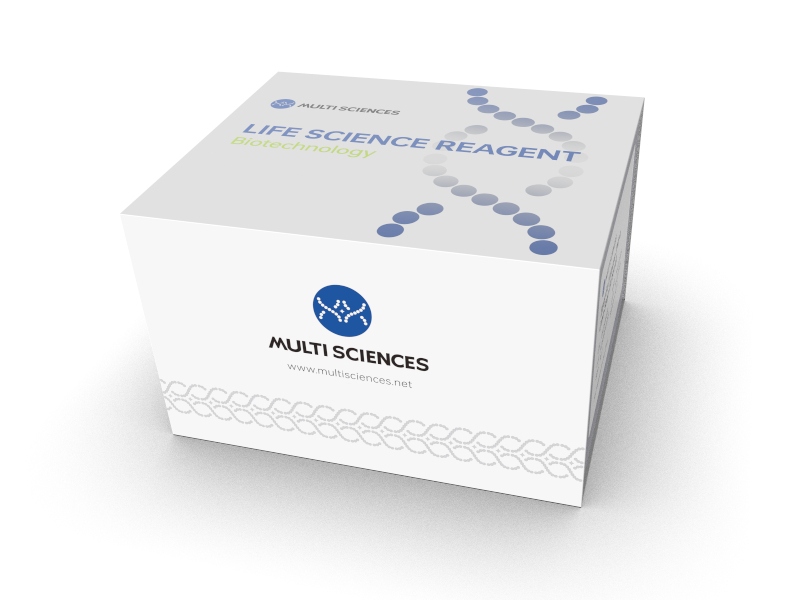

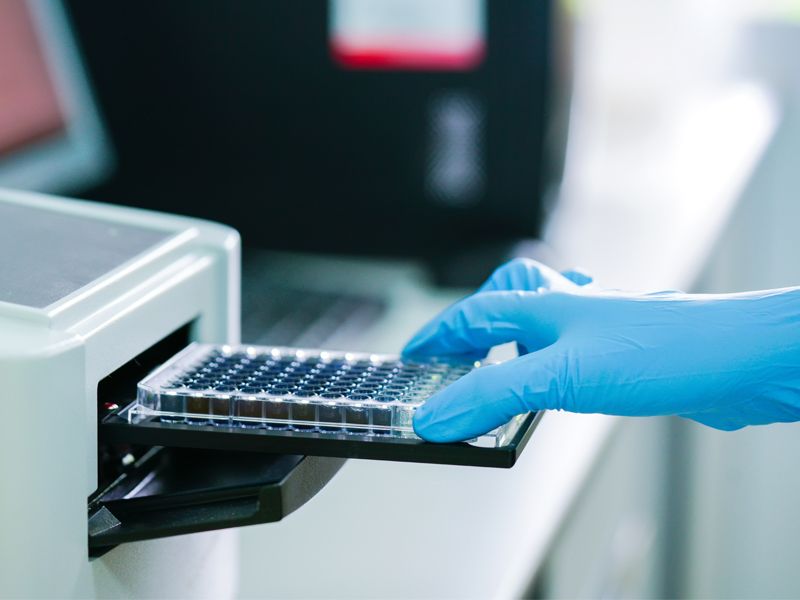
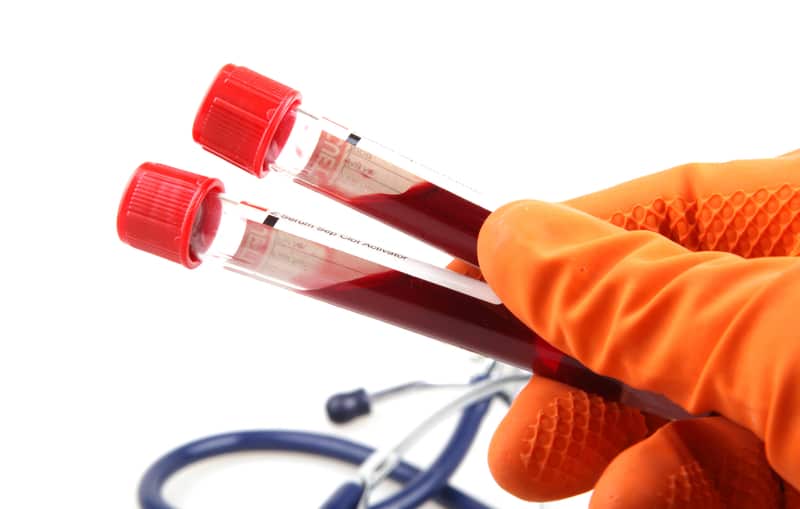

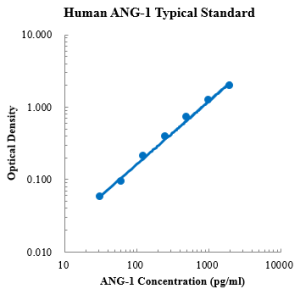
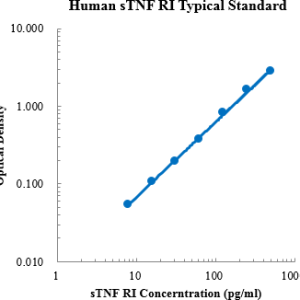
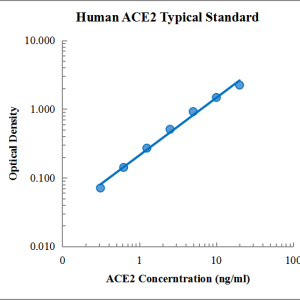
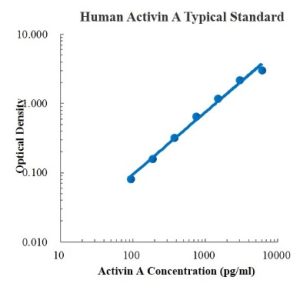
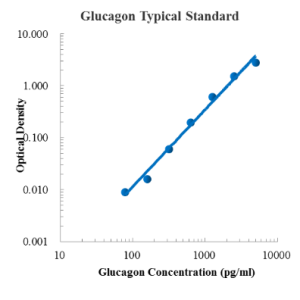
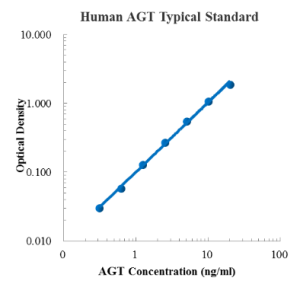
Reviews
There are no reviews yet.